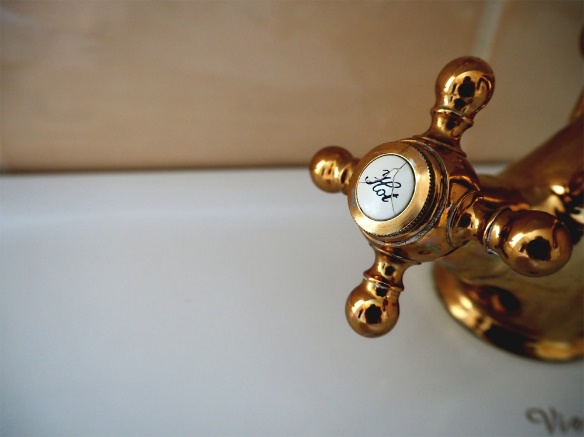Table of Contents
Photo by Kirsten Marie Ebbesen on Unsplash
Few things are as frustrating as opening the tap expecting a gush of hot water to come streaming out, only to find a thin trickle of cold water. Or worse yet, no water at all. It might be time to replace or invest in a reputable hot water system.
Research has shown that hot water units account for an average of 25% of most Australian households’ total energy costs. Installing a new hot water system could reduce these costs significantly and prevent future water issues. It’s just important to make use of a plumber Sunshine Coast locals can trust with hot water systems.
To get you started, read this.
Time for a New Hot Water System?
You might currently have an old or dated hot water unit that’s in dire need of replacing. Before deciding on the first or cheapest option available, you should take a more well-thought-out approach.
If you’re in a house that has an old water system, it might be a good time to upgrade.
Some of the questions you should ask yourself before installing or upgrading your hot water system are discussed below.
What Size Hot Water System Will Accommodate Your Current Needs?
There are two scenarios to consider here. You might be living in an older house and you’re looking to not only repair a faulty hot water system but also to upgrade to a more energy-efficient unit. The other scenario involves installing a hot water system for the first time.
Either way, the most important point to establish is what size your household requires. On average, an Australian household is estimated to use around 40 to 50 litres of hot water per day, per person. What this means is if you buy a system that’s too small, someone will miss out on a hot shower. On the other hand, a system that’s too big will result in unnecessary costs.
Information Your Installer Needs
When you’re discussing options with your hot water system installer, it’s important to consider the following questions:
- How many people live in the household?
- Do you primarily use hot or cold water for laundry?
- Do you use a dishwasher or are dishes washed by hand?
- Do the occupants living in the home prefer baths or showers?
Supplying your installer with the correct information will help him or her determine the correct size needed for your household. This will save a lot of frustration in the long run.
Are There Environmentally Friendly Options?
It’s important to ask the installer if there are options that are cost-efficient and environmentally friendly. When you upgrade your hot water system, you naturally want something that reduces your hot water consumption without any inconvenience to your household.
Often, hot water systems have been in older houses for a very long time. They might no longer be compliant with current recommendations or needs. An upgraded unit could be better for the household as well as the environment.
Are Certain Hot Water Systems More Accommodating to Your Scenario?
One type of hot water system might be more beneficial to your particular household. This could be because of the building or area you live in. Your plumber will assess this based on the following two factors:
- How will the system be stored? Typically, water tanks or instantaneous systems are stored outside. This is mostly for ventilation purposes. If you’d prefer to have these units stored indoors, the necessary flues will need to be installed to accommodate regulated ventilation. Bear in mind, this could affect the total cost of your hot water system.
- What is the local water quality? If the water quality in your area is poor, it can cause corrosion within your storage tank. This could also lead to damage to the system’s piping and other plumbing leading from the tank.
What are the Different Types to Choose From?
Just as there are different sizes of hot water systems available, there are different types to choose from.
Some of the most popular choices include:
- Solar hot water systems: These units make use of solar panels to heat the water. Although this is the most energy-efficient option to install, it’s the most expensive. You could save money in the long run by generating your own power and heat.
- Continuous flow hot water units: Modern technology allows the water to be heated only when it’s needed. These systems also provide the homeowner with some temperature control and they’re energy-efficient.
- Heat pump water heating: Heat pumps work similarly to air conditioners. They extract heat from the surrounding air and by adding a coolant they easily produce hot water. This is the most environmentally friendly option.
Conclusion
By considering all your options before making the final decision will not only update your water system but will go a long way to being more energy-efficient. Upgrading your system will save you and your family a lot of aggravation. No more fighting over who gets the hot water tonight!








